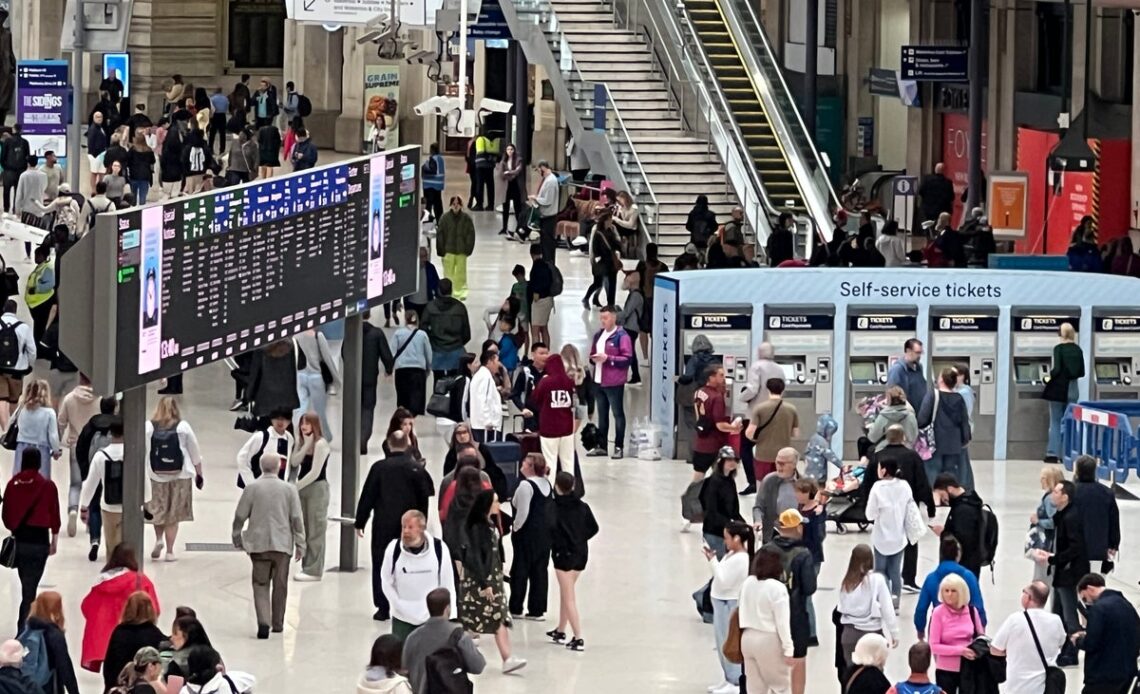Simon Calder, also known as The Man Who Pays His Way, has been writing about travel for The Independent since 1994. In his weekly opinion column, he explores a key travel issue – and what it means for you.
“Only travel by rail if absolutely necessary and if you do travel, expect severe disruption.” That is a message straight out of the 20th century, when rail strikes made regular appearances on the political stage. In July 1989, London and large parts of the wider road network were gridlocked as furious commuters – forced into their cars – battled their way into work.
It has taken three decades for national rail strikes to resume, but the unions are really going for it. Prepare for a flurry of numbers. I calculate Saturday 22 July marked the 30th day of walkouts in 13 months by up to 20,000 members of the RMT working for the 14 train operators who are contracted by the Department for Transport.
The RMT and its smaller sibling Aslef, representing train drivers, say many of their members have not had a pay rise for four years. (The drivers are on their own sequence of overtime bans.) Rail workers are demanding no-strings increases that take into account the high level of inflation. Any proposed reforms must be negotiated separately with commensurate boosts to pay.
But ministers – who are ultimately running the employers’ side of the dispute – insist even a modest sub-inflation pay offer, currently 4 per cent for last year and the same again this year, is contingent on modernisation (or cuts, as the unions see it). Rail revenue, they say, has collapsed with the loss of much of the “bedrock” of season ticket sales since the Covid pandemic.
The train operators and the unions have not met since April, and during the three months since then rail firms (again, following governmental policy) have decided to go ahead with radical change such as closing almost all ticket offices in England.
Caught in the middle: the long-suffering passenger. Since June 2022, industrial action has scuppered the travel plans of tens of millions of train passengers and made advance travel planning difficult.
I am writing on Saturday afternoon at London Waterloo, the busiest station in Britain, having done a tour of the country in the days since national rail strikes resumed. And I have some bad news for both sides in this seemingly intractable…
Click Here to Read the Full Original Article at The Independent Travel…
